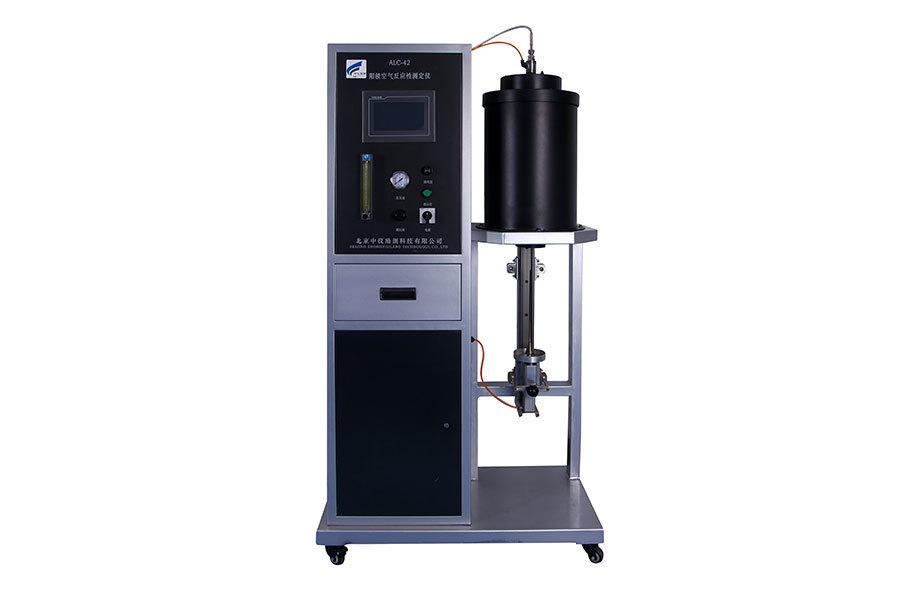Understanding the Air Reactivity Test for Quality Calcined Petroleum Coke
Apr 14,2025

Calcined petroleum coke (CPC) is a crucial material used in various industries, particularly in the production of aluminum and as a feedstock for carbon products. One of the key quality parameters assessed in CPC is its air reactivity, which significantly impacts its performance in industrial applications. Understanding the air reactivity test for quality calcined petroleum coke is essential for professionals involved in the testing and evaluation of non-metallic materials.
The air reactivity test evaluates how calcined petroleum coke reacts in the presence of air, particularly at elevated temperatures. This property is critical for several reasons. First, it helps predict the coke's behavior during processes that involve high-temperature reactions, such as in aluminum smelting. The reactivity of CPC can influence the efficiency of these processes, thereby affecting overall production costs and product quality.
The test typically involves exposing CPC samples to controlled air flow at specific temperature ranges. The amount of oxygen consumed during the reaction is measured, which can indicate the level of reactivity. Higher levels of reactivity may suggest a greater potential for oxidation, which can lead to undesirable effects during processing, such as increased emissions or compromised material integrity.
Several factors can influence the air reactivity of calcined petroleum coke. These include its physical and chemical properties, such as particle size, porosity, and the presence of impurities. For instance, finer particles may exhibit higher reactivity due to their increased surface area, allowing for more extensive interactions with oxygen. Additionally, variations in the carbon content and sulfur levels can also affect the reactivity, making it essential for manufacturers to closely monitor these parameters during production.
In conclusion, the air reactivity test for quality calcined petroleum coke is a vital assessment that provides critical insights into the material's performance in industrial applications. By understanding the factors that influence reactivity and the implications of test results, professionals in the non-metallic materials testing industry can make informed decisions that enhance product quality and operational efficiency. Ensuring the quality of calcined petroleum coke through rigorous testing ultimately leads to better outcomes in its applications across various sectors.
The air reactivity test evaluates how calcined petroleum coke reacts in the presence of air, particularly at elevated temperatures. This property is critical for several reasons. First, it helps predict the coke's behavior during processes that involve high-temperature reactions, such as in aluminum smelting. The reactivity of CPC can influence the efficiency of these processes, thereby affecting overall production costs and product quality.
The test typically involves exposing CPC samples to controlled air flow at specific temperature ranges. The amount of oxygen consumed during the reaction is measured, which can indicate the level of reactivity. Higher levels of reactivity may suggest a greater potential for oxidation, which can lead to undesirable effects during processing, such as increased emissions or compromised material integrity.
Several factors can influence the air reactivity of calcined petroleum coke. These include its physical and chemical properties, such as particle size, porosity, and the presence of impurities. For instance, finer particles may exhibit higher reactivity due to their increased surface area, allowing for more extensive interactions with oxygen. Additionally, variations in the carbon content and sulfur levels can also affect the reactivity, making it essential for manufacturers to closely monitor these parameters during production.
In conclusion, the air reactivity test for quality calcined petroleum coke is a vital assessment that provides critical insights into the material's performance in industrial applications. By understanding the factors that influence reactivity and the implications of test results, professionals in the non-metallic materials testing industry can make informed decisions that enhance product quality and operational efficiency. Ensuring the quality of calcined petroleum coke through rigorous testing ultimately leads to better outcomes in its applications across various sectors.
Contact Us








